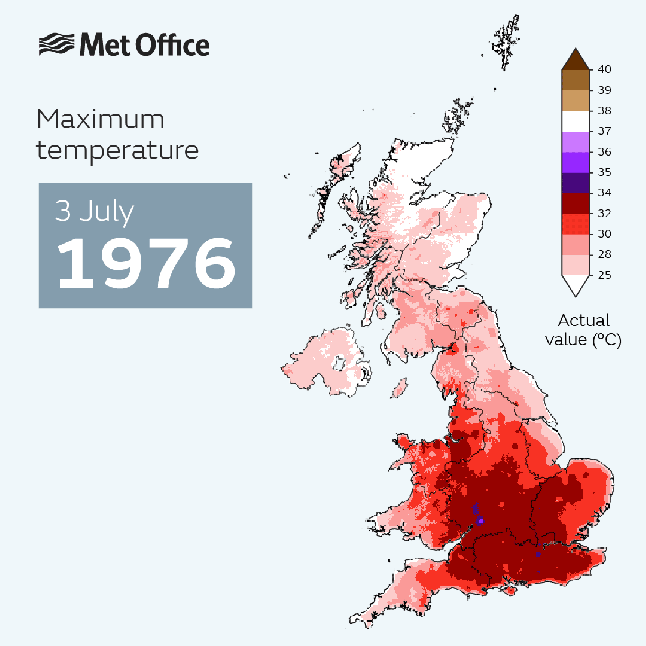Thames Water announces hosepipe ban for millions of people


Thames Water has become the latest supplier to announce a hosepipe ban after one of the driest starts to the year on record.
The company is introducing restrictions across Oxfordshire, Gloucestershire, Wiltshire and Berkshire from next Tuesday.
Large parts of the UK are now officially in drought, including in Yorkshire where a hosepipe ban came into effect on Friday.
Under the new rules, residents are barred from using hosepipes to wash cars, water gardens or fill paddling pools. Anyone caught flouting them can face fines of up to £1,000.
Reservoirs are just 76% full – lower than in the 2022 drought year, which was one of Europe’s hottest on record.
Sign up for all of the latest stories
Start your day informed with Metro’s News Updates newsletter or get Breaking News alerts the moment it happens.
Thames Water said its Farmoor Reservoir was 92% full at the end of June. While this may sound high, the firm said there is a high risk of water shortage if there isn’t any rain soon.
The risk of shortage is being made worse by a surge in water use, with household demand rising by 30% when temperatures exceed 25°C.
Just 33mm of rain fell in Thames Valley in June – well below the 54mm average – and the ban will only be lifted if there is ‘prolonged and significant rainfall’.
The company said groundwater levels and river flows in parts of the Thames catchment are significantly below normal for this time of year — and could fall further without rain.
The Environment Agency has declared a state of ‘prolonged dry weather’ in Oxfordshire, Berkshire and Surrey, warning of risks to water supply and wildlife.
Yorkshire introduced its own hosepipe ban last Friday, with more water companies considering restrictions if dry weather continues.
Among those affected is farmer Clare Wise who told Metro the lack of rain has left pastures scorched and water sources stretched.
Environmental groups have also raised concerns about river health, as low flow levels reduce dilution of treated sewage discharged into waterways — increasing the risk of harmful bacteria like E. coli and putting aquatic species under stress.
Only businesses that rely on hosepipes for their operations, such as car washes and garden centres, will be exempt from the restrictions.
Thames Water confirmed that customers will not receive any discount on their bills while the ban is in place.
A spokesperson said: ‘Every drop counts. That’s why we need to bring in a hosepipe ban — to protect the environment and make sure there’s enough water to go around this summer.’
Which areas are affected by the hosepipe ban?
- All OX postcodes
- All GL postcodes
- All SN postcodes
- RG4, RG8, and RG9 postcodes
What’s driving the dry weather?
Scientists warn that extreme weather events – including heatwaves, droughts and sudden downpours – are becoming more frequent and intense due to climate change.
Warmer air holds more moisture, meaning hotter, drier summers often follow wetter winters.

While the UK has had a string of wet winters in recent years, rapid evaporation and increased demand during summer heatwaves can quickly deplete surface water and groundwater supplies. The Met Office has confirmed 2025 is tracking as one of the warmest years on record.
Thames Water said climate pressures are already forcing long-term changes to water management – including increased investment in leak detection, water transfers between regions, and a planned new reservoir in Oxfordshire.
Get in touch with our news team by emailing us at webnews@metro.co.uk.
For more stories like this, check our news page.



